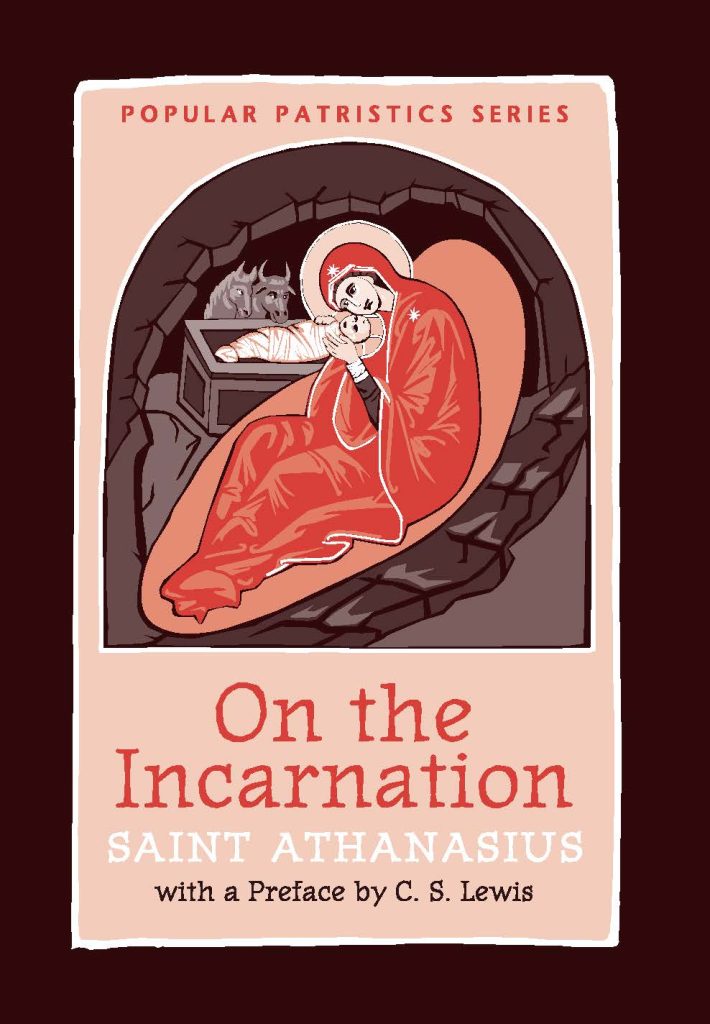Please remember that tonight we are reading through Chapter 3 of On the Incarnation (§§ 11-18). One of the themes of this chapter is that the Logos came into this world in order to overcome the idolatry of this world which constantly seeks to worship the creation rather than the Creator. As Christians, we tend to set up our doctrines, such as the Incarnation, as our idols. The Israelites knew who let them out of Egypt but they wanted or needed a concrete manifestation of the Divine to latch onto. Therefore, they transferred the worship of God to their own creation. Exodus 32. Doctrines can have that same power. They are, ultimately, simply fallen humanity’s understanding and explanation of Divine mysteries, which we only comprehend as through a glass darkly. Our discussion of the Incarnation cannot simply be an end unto itself but must serve as a vehicle that leads us to a deeper relationship with Christ and an awe-inspiring encounter with the Divine. As we immerse ourselves within an understanding of the Incarnation, don’t lose sight of ultimately what Athanasius is saying – that God’s very wisdom from which time itself was created and which is incomprehensible, immutable, impassible, and incorruptible inserted itself within its creation and became subject to change, suffered, and died for us out its essential nature of love and compassion. That is what we profess every Sunday. And it is who we worship. Within our study, we cannot lose that sense of awe and wonder at the Incarnation, and should resist reducing this incredible event to the common and ordinary, to a set of ethical propositions, to a book, or to merely a doctrine.
Dinner is at 6:00. The menu is Chicken Marbella. Discussion about 6:45. Hope to see you here and bring a friend.
I believe in Christianity as I believe that the Sun has risen, not only because I see it, but because by it I see everything else.
C.S. Lewis Is Theology Poetry?

